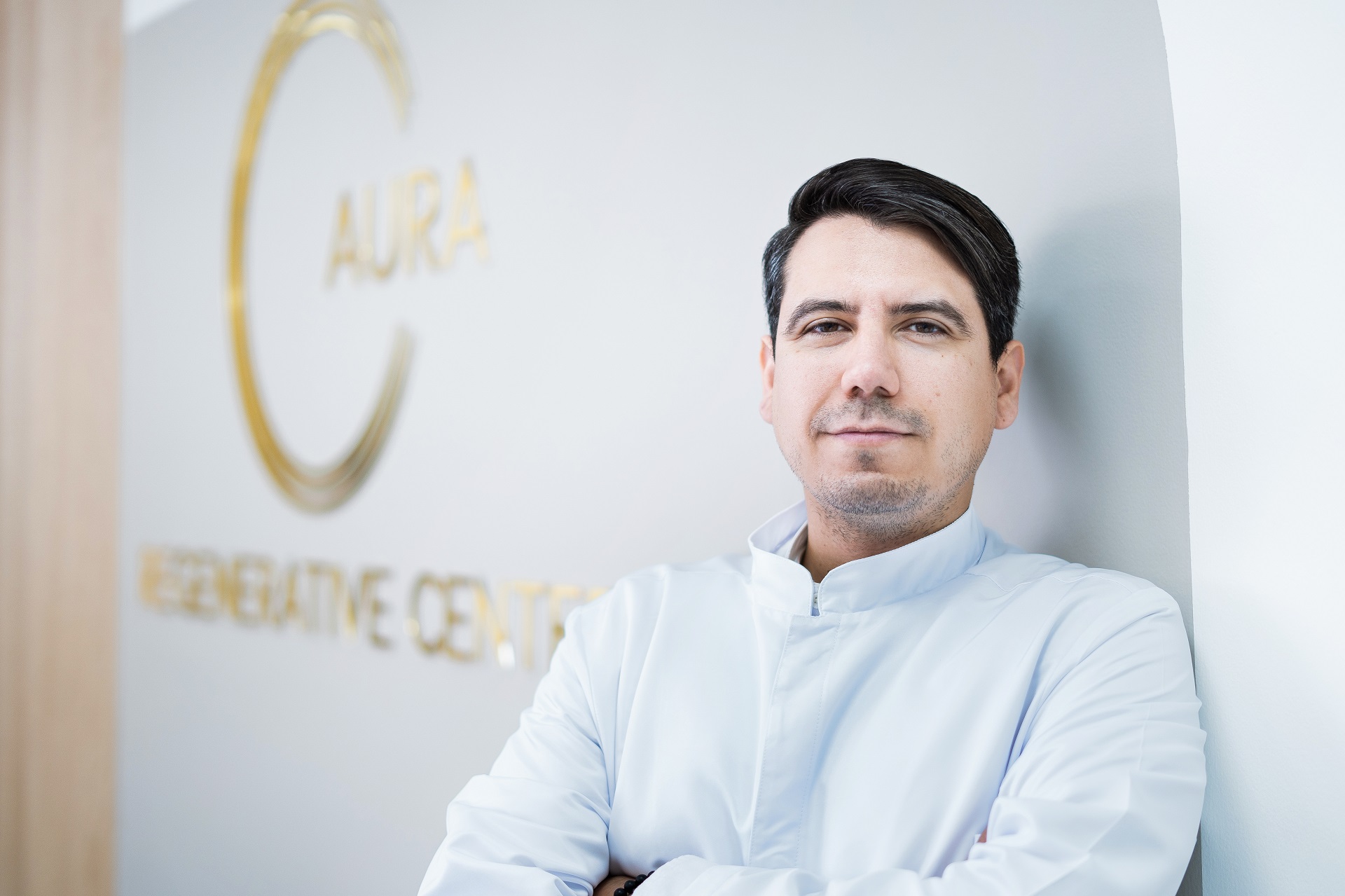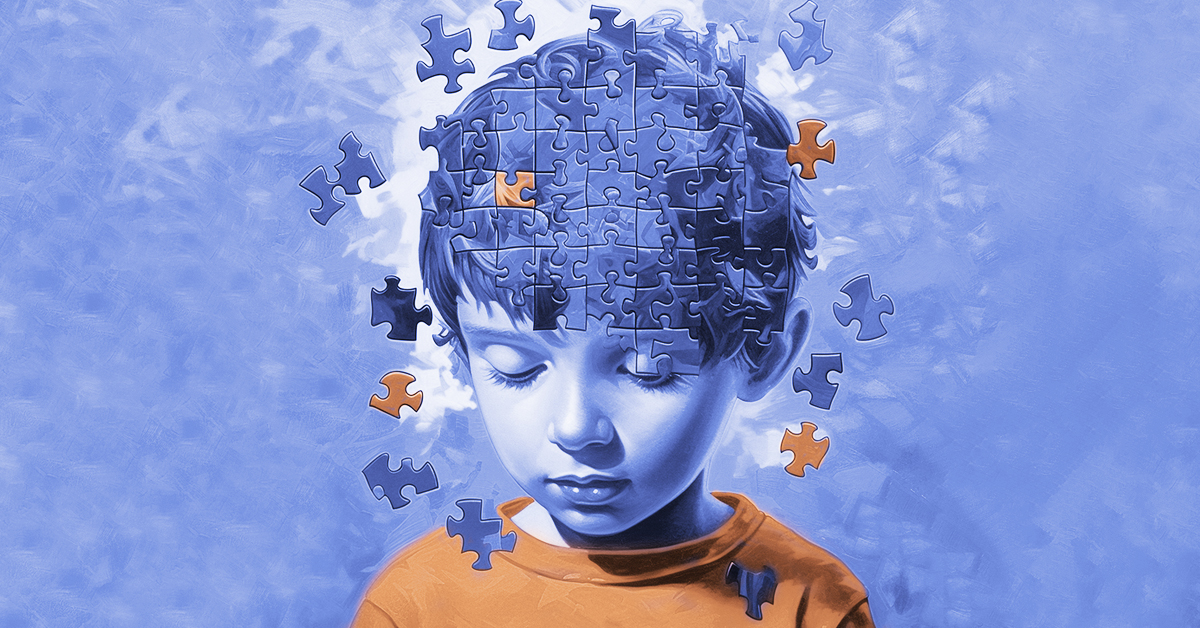In recent years, the field of regenerative medicine has shown remarkable promise in offering new avenues for the treatment of autism spectrum disorders (ASD). Stem cell therapy, in particular, has emerged as a potential therapeutic option that holds great hope for children with autism. In this comprehensive blog, we will delve into the intricacies of autism, explore the potential benefits of stem cell therapy, and shed light on the current state of research in this field.
Understanding Autism Spectrum Disorders (ASD):
Autism spectrum disorders are neurodevelopmental conditions characterized by challenges in social interaction, communication difficulties, and restricted, repetitive patterns of behavior. These challenges vary in severity, with each child exhibiting a unique combination of symptoms and strengths. Autism affects individuals differently, and it is crucial to embrace the diversity within the spectrum.
Traditional Approaches to Autism Treatment:
The treatment of autism has traditionally focused on behavioral therapies, speech and language interventions, occupational therapy, and educational support. While these interventions are valuable and have proven to be effective in many cases, there remains a need for additional treatment options to address the underlying neurological factors contributing to ASD.
Exploring Stem Cell Therapy for Autism:
Stem cell therapy offers a promising avenue for addressing the core challenges faced by individuals with autism. Stem cells possess the remarkable ability to self-renew and differentiate into various cell types, making them ideal candidates for regenerative therapies. By harnessing the potential of stem cells, researchers aim to target and repair the affected neural circuits associated with ASD, fostering improved communication, social interaction, and cognitive abilities.
The Potential Benefits of Stem Cell Therapy for Autism:
Neuroregeneration: Stem cells have the potential to promote neuroregeneration and repair damaged or underdeveloped neural connections. By introducing stem cells into the affected areas of the brain, researchers aim to restore proper neuronal functioning, leading to improvements in cognitive and behavioral aspects of autism.
Modulation of Inflammation and Immune Response: Mounting evidence suggests that inflammation and immune dysregulation may play a role in the development and progression of autism. Stem cells have immunomodulatory properties, which may help regulate the immune response and reduce inflammation in the brain, potentially mitigating some of the symptoms associated with ASD.
Neuroplasticity and Synaptic Connectivity: Stem cells have the ability to enhance neuroplasticity, the brain’s capacity to reorganize and form new connections. By stimulating synaptic connectivity, stem cell therapy may facilitate improvements in language acquisition, social skills, and sensory processing in individuals with autism.
The Current State of Research:
While the potential of stem cell therapy for autism is exciting, it is important to note that the field is still in its early stages of research and clinical application. Numerous ongoing studies are exploring the safety, efficacy, and long-term outcomes of stem cell therapy in autism. Rigorous scientific investigation, adherence to ethical guidelines, and transparent reporting of results are crucial to advancing our understanding of stem cell therapy’s potential in treating ASD.
The Importance of Individualized Treatment:
It is essential to recognize that each child with autism is unique, and treatment approaches should be tailored to meet their specific needs. A comprehensive evaluation by a team of medical professionals, including neurologists, developmental pediatricians, and stem cell experts, is vital to determine the suitability of stem cell therapy for a particular child. The treatment plan should be based on scientific evidence, clinical expertise, and a thorough understanding of the child’s medical history.
Stem cell therapy offers a promising approach to address the core challenges faced by individuals with autism. While the field is still evolving, early research and anecdotal evidence indicate the potential of stem cells to promote neuroregeneration, modulate inflammation and immune response, and enhance synaptic. However, it is crucial to approach stem cell therapy for autism with caution, as further research is needed to establish its safety, efficacy, and long-term outcomes.
As medical professionals, we are committed to advancing the field of regenerative medicine in the context of autism. Ongoing clinical trials and research studies aim to deepen our understanding of the underlying mechanisms of autism and refine the application of stem cell therapies. It is through these rigorous scientific efforts that we can uncover the full potential of stem cells in transforming the lives of individuals with autism.
Furthermore, individualized treatment remains paramount. The complexities of autism necessitate a personalized approach that takes into account each child’s unique strengths, challenges, and medical history. Collaborative care involving a multidisciplinary team of experts is essential to develop tailored treatment plans that combine stem cell therapy with other evidence-based interventions.
At the same time, it is crucial for parents and caregivers to approach stem cell therapy with realistic expectations. While the potential benefits are promising, it is important to understand that not all individuals with autism may respond in the same way or experience the same level of improvement. Each child’s response to stem cell therapy may vary, and it is essential to celebrate even the smallest victories along the journey.
Stem cell therapy offers hope and potential for individuals with autism spectrum disorders. As medical professionals, we are dedicated to advancing our knowledge, refining treatment approaches, and ensuring the utmost safety and efficacy in the application of stem cell therapies. By embracing the principles of evidence-based medicine, individualized care, and ongoing research, we strive to unlock the full potential of stem cell therapy in transforming the lives of individuals with autism.
Together, let us continue to foster hope, progress, and inclusivity for all individuals on the autism spectrum.




